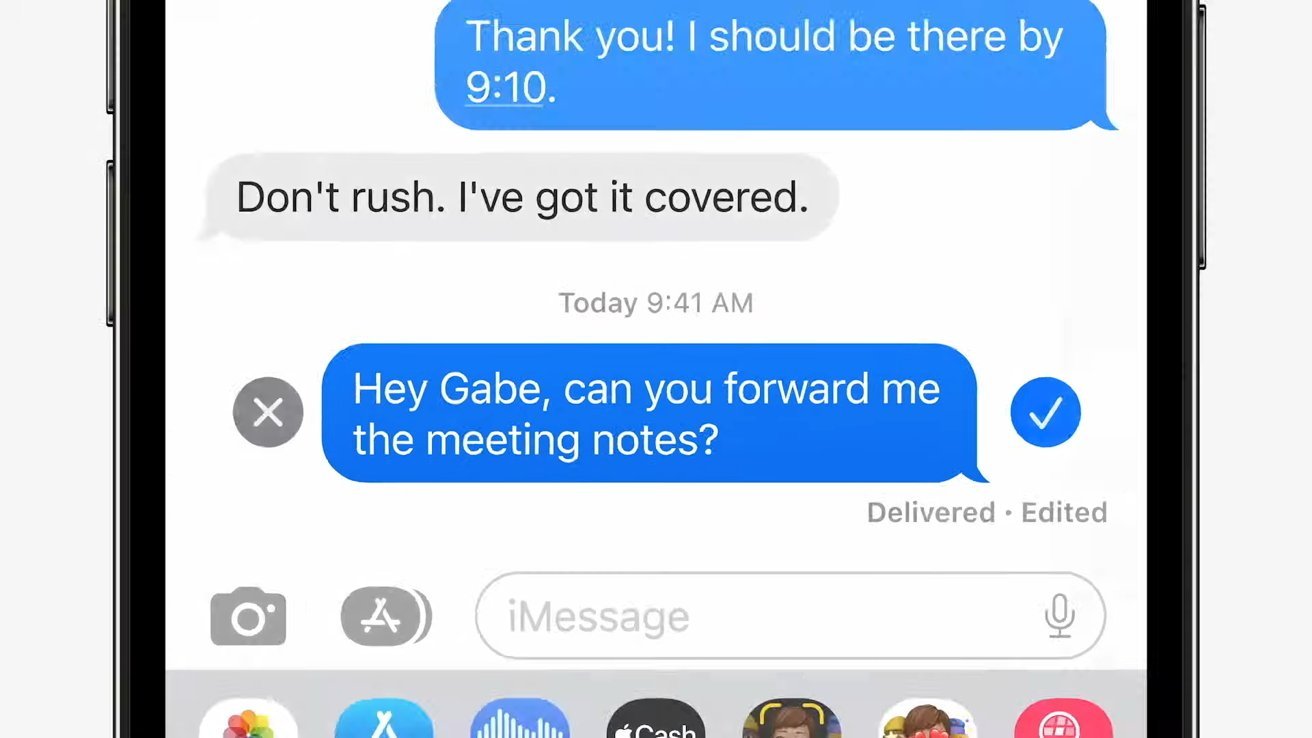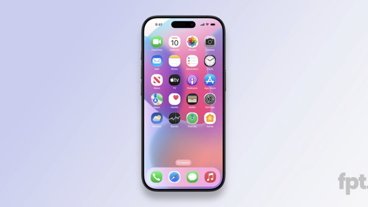The Secret Service is considering preventing employees from using iMessage on agency iPhones in the future, with claims the loss of text messages relating to the January 6 Capitol insurrection were due to the way encrypted messages are managed.
Apple's iMessage is considered to be a secure messaging service due to its use of encryption for communications. However, it seems that the secure nature of the system is being blamed for the sudden loss of potential evidence for investigations into the Capitol insurrection.
On July 13, Congress was informed by the DHS inspector general that the Secret Service had lost a number of text messages relating to the 2021 attack. In an update on July 29, the Secret Service is reportedly considering getting rid of iMessage to avoid the problem happening in the future.
"This is actually something we are looking at very closely," Secret Service spokesperson Anthony Guglielmi told Politico. "Director James Murray has ordered a benchmarking study to further examine the feasibility of disabling iMessage and whether it could have any operational impacts."
It is claimed that the Secret Service's implementation of a new mobile device management platform may have caused the problem. While the platform could be used to manage emails, images, and other data centrally, the use of encryption of iMessages meant communications were stored on devices but couldn't be backed up automatically.
Since many agents failed to manually back up data themselves before the erasure and reconfiguration of the new management platform, those device-stored iMessage communications were deleted.
"We want to make sure whatever policy action we take does not adversely impact our protective or investigative missions," said Guglielmi, and that the agency is "looking at other technological solutions."
While iMessage may be receiving scrutiny due to being too secure, other elements of Apple's ecosystem has been more assistive in tracking down and prosecuting participants in the insurrection. In May, one participant pleaded guilty due to evidence surfacing in his iCloud account, after he threw his iPhone into an ocean.
 Malcolm Owen
Malcolm Owen


 Oliver Haslam
Oliver Haslam
 Thomas Sibilly
Thomas Sibilly
 Marko Zivkovic
Marko Zivkovic

 Wesley Hilliard
Wesley Hilliard

 Andrew Orr
Andrew Orr



-m.jpg)





